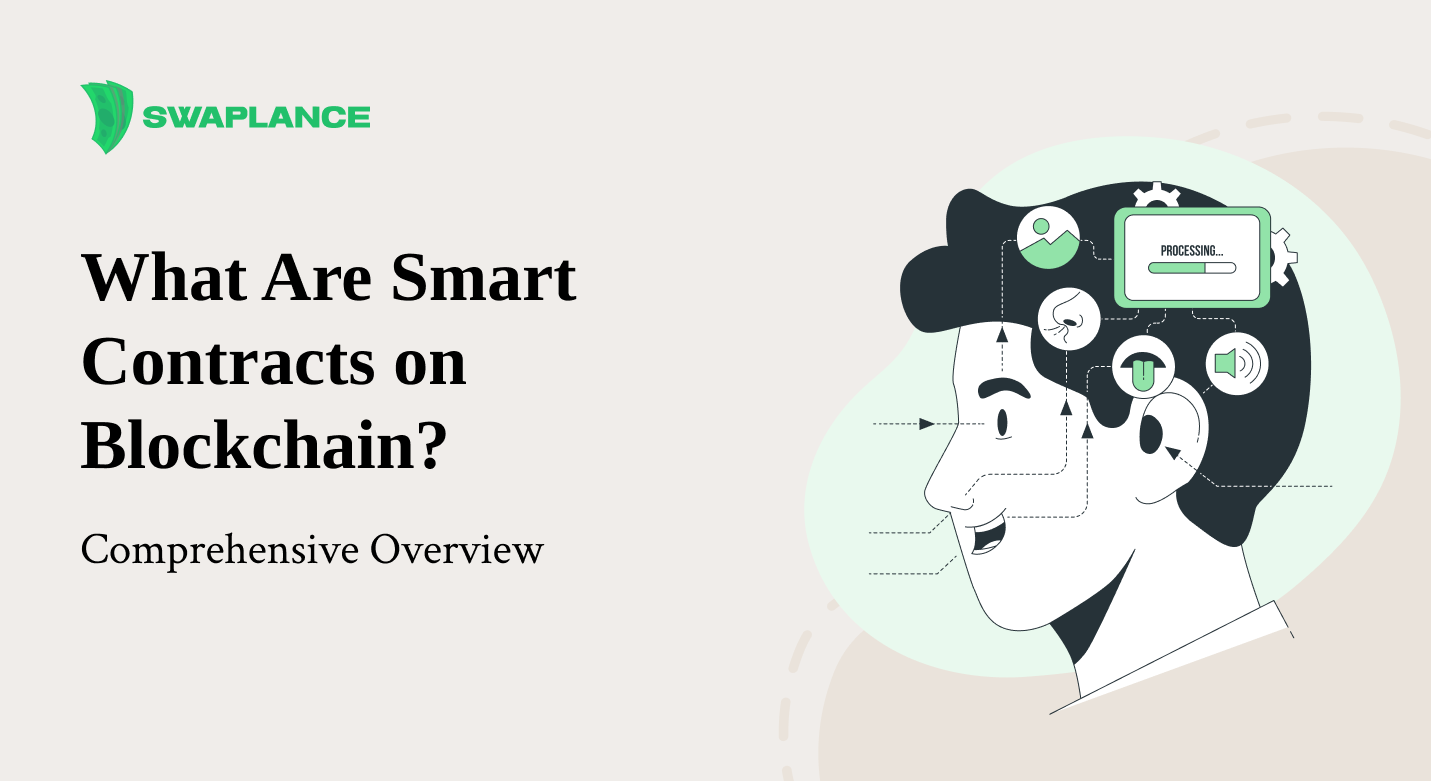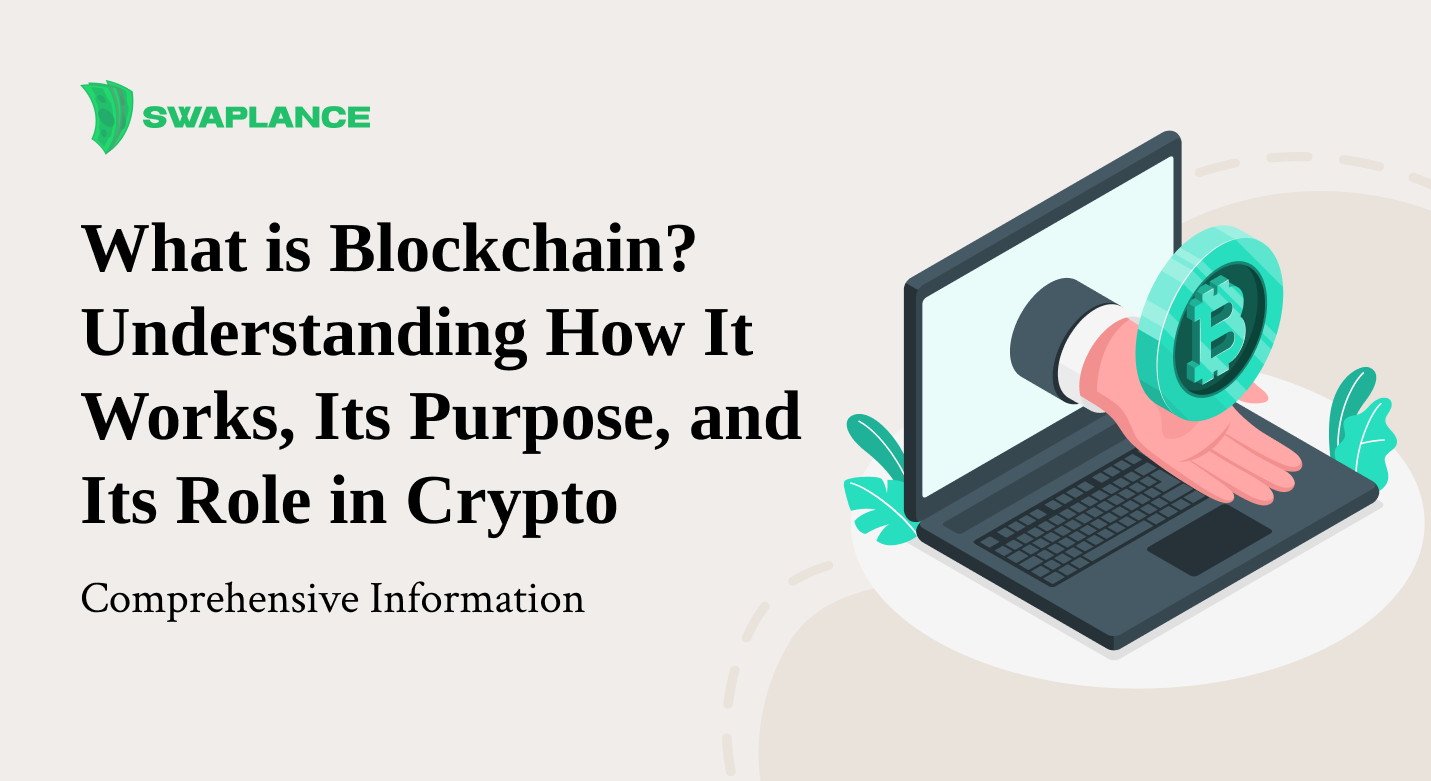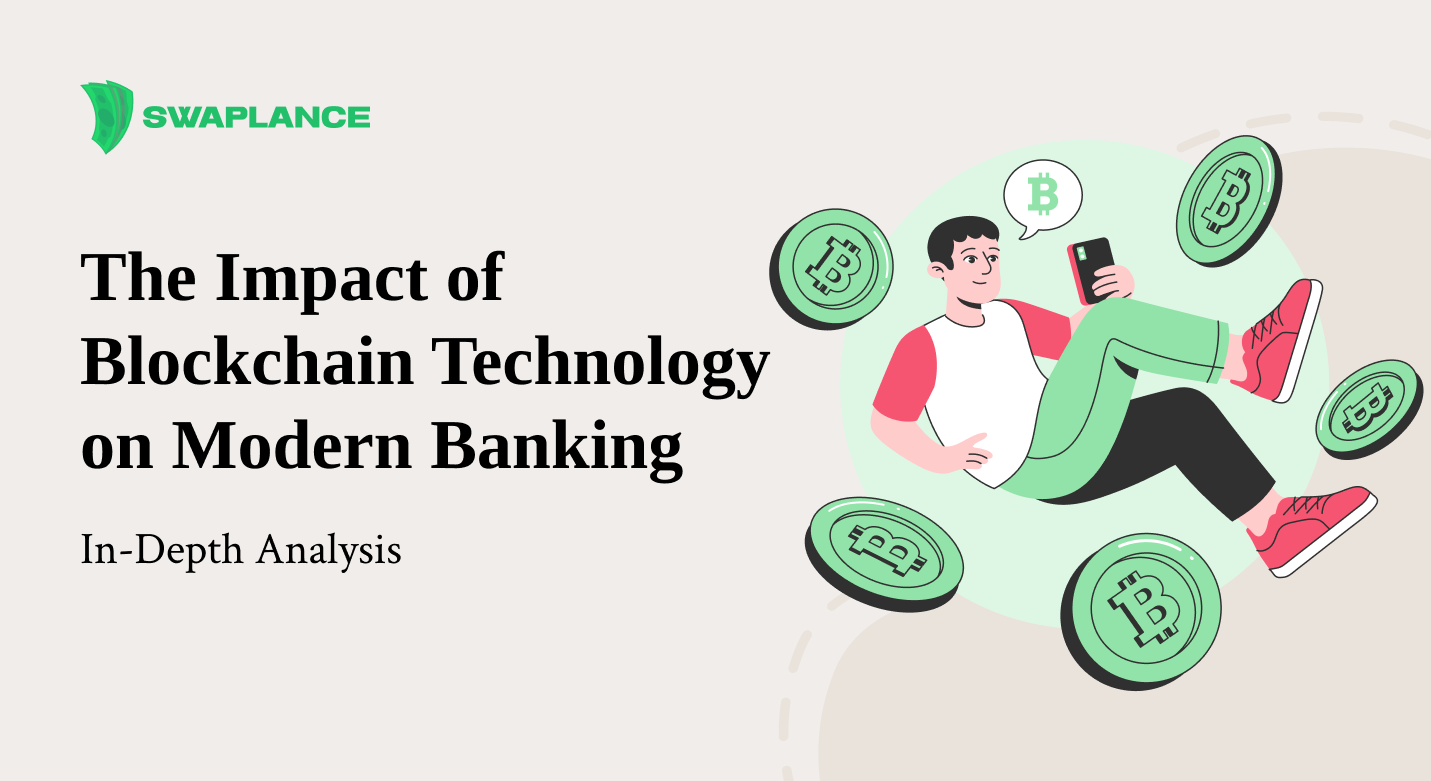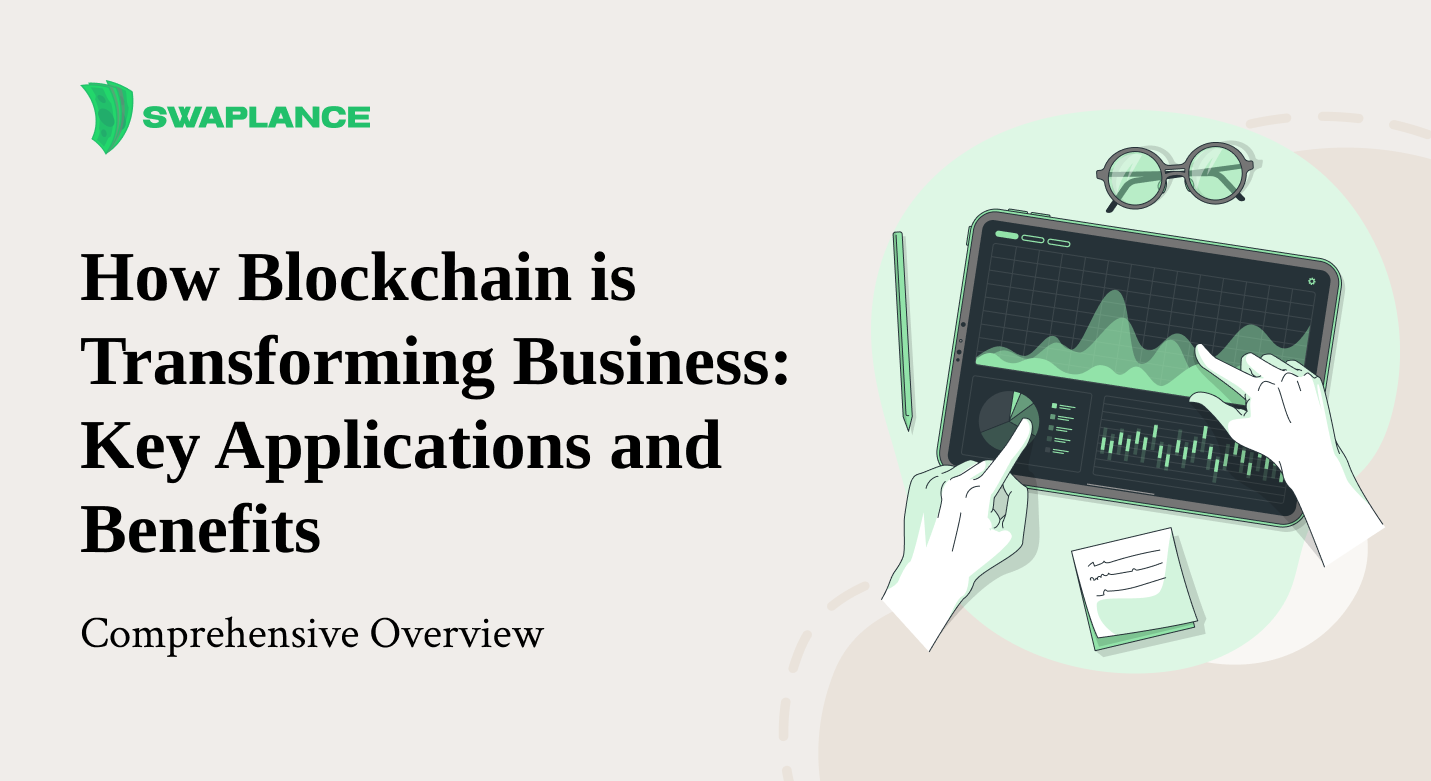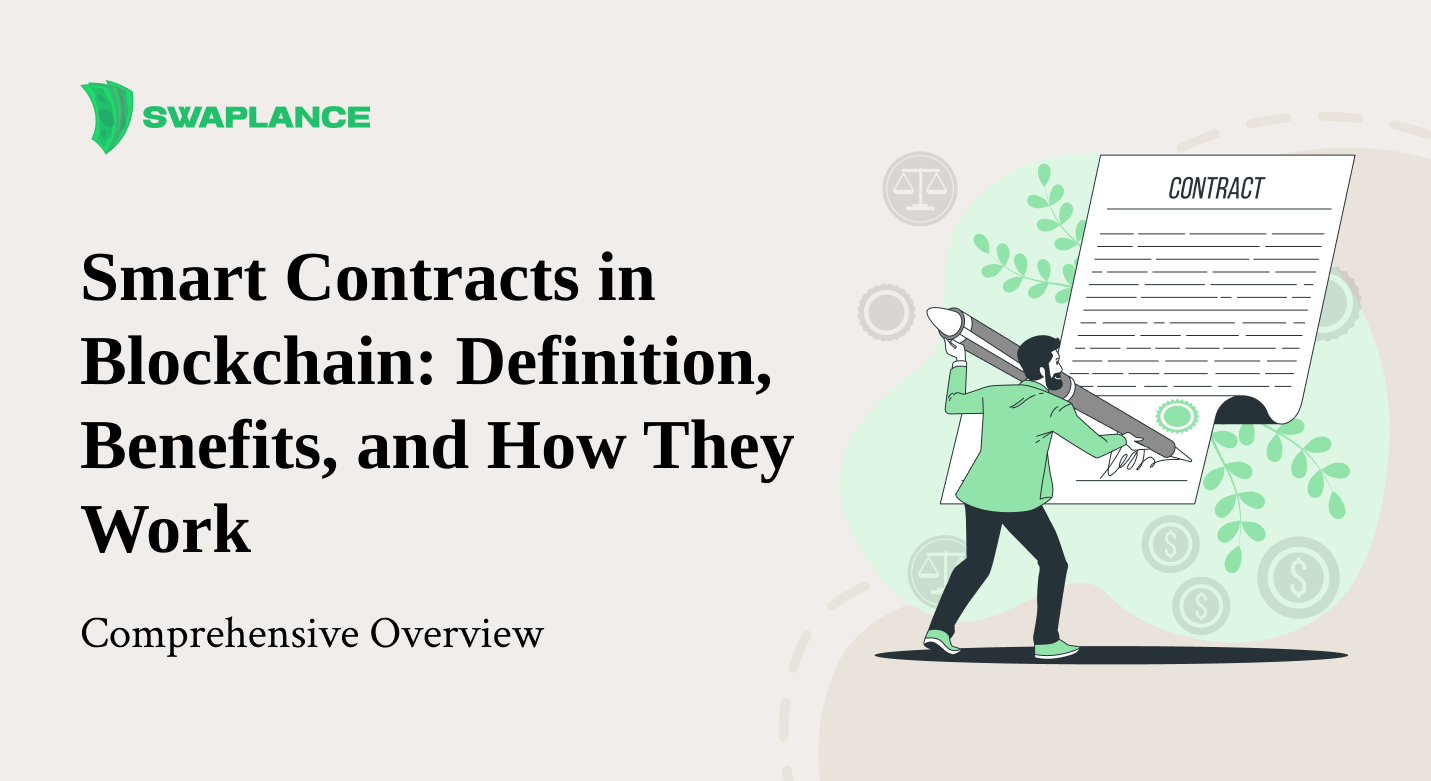
Smart Contracts in Blockchain: Definition, Benefits, and How They Work
What Are Blockchain Smart Contracts?
Blockchain smart contracts are self-executing contracts in which the terms of the agreement are written directly into code. These contracts automatically enforce and execute the agreed-upon terms when predefined conditions are met. Smart contracts eliminate the need for intermediaries, such as banks or legal institutions, ensuring that transactions occur in a decentralized and trustless manner.
The concept of smart contracts was first introduced by Nick Szabo in the 1990s, but it gained widespread adoption with the rise of blockchain technology. If you’re wondering how exactly they work and why they matter, check out our detailed guide on smart contracts in blockchain.
How Do Smart Contracts Work in Blockchain?
Blockchain with smart contracts operates by embedding contract code within the blockchain network. The process typically involves the following steps:
- Defining the Contract – The terms of the contract are programmed using a blockchain-compatible language like Solidity (Ethereum) or Rust (Solana).
- Deploying on Blockchain – Once written, the contract is deployed to the blockchain network, becoming immutable and transparent.
- Triggering Execution – When the predefined conditions are met, such as receiving a specific amount of cryptocurrency, the smart contract executes the agreed-upon action.
- Recording on the Blockchain – Every transaction processed through the smart contract is recorded on the blockchain, ensuring security and transparency.
Since smart contracts rely on blockchain networks to function securely and transparently, understanding the fundamentals of blockchain technology helps grasp how these self-executing agreements operate.
The Role of Oracles in Smart Contracts
While smart contracts operate autonomously, they require access to external data to function effectively. This is where oracles come in. An oracle smart contract serves as a bridge between the blockchain and real-world data sources, enabling smart contracts to interact with information from outside their network.
How Smart Contracts Oracle Systems Work:
- Data Request – A smart contract requests external data, such as stock prices, weather conditions, or sports results.
- Oracle Fetches Data – The oracle retrieves the requested information from external sources (APIs, IoT devices, etc.).
- Verification & Transmission – The oracle verifies the accuracy of the data and transmits it to the smart contract.
- Contract Execution – Based on the received data, the smart contract executes its function (e.g., triggering a payment in an insurance contract upon verifying a flight delay).
Without oracles, smart contracts would be limited to on-chain data, reducing their real-world applicability. Some popular blockchain oracle services include Chainlink, Band Protocol, and API3.
Benefits of Using Smart Contracts
1. Automation & Efficiency
Smart contracts automate processes that traditionally require human intervention, reducing administrative costs and delays.
2. Security & Transparency
Since smart contracts run on blockchain networks, they are immutable and transparent. Every transaction is recorded on a public ledger, preventing fraud and ensuring trust.
3. Cost Reduction
By eliminating intermediaries, smart contracts reduce costs associated with legal fees, banking services, and contract enforcement.
4. Trustless Transactions
Parties do not need to trust each other; instead, they trust the blockchain and contract logic to execute agreements fairly.
5. Use Cases Across Industries
Many industries are already leveraging blockchain beyond just smart contracts. For example, in banking, decentralized solutions are reshaping transactions (read more about blockchain in finance).
Common questions
-
How do oracles enhance the functionality of smart contracts?Oracles enable smart contracts to interact with real-world data, expanding their use cases beyond on-chain transactions. For instance, a weather oracle can trigger an insurance payout if extreme weather conditions occur. Similarly, in sports betting, an oracle can fetch match results to automate payouts.
-
What are the advantages of smart contracts in blockchain?Smart contracts offer automation, transparency, cost efficiency, security, and trustless execution. For example, in supply chain management, companies use smart contracts to automate payments when goods reach their destination, reducing paperwork and disputes.
-
Can smart contracts be trusted for secure transactions?Yes, smart contracts are secure as they run on decentralized blockchain networks. However, vulnerabilities in contract code can pose risks, emphasizing the need for thorough security audits before deployment. Leading companies often conduct external audits to ensure their smart contracts are tamper-proof.
 Mark Petrenko
Mark Petrenko 